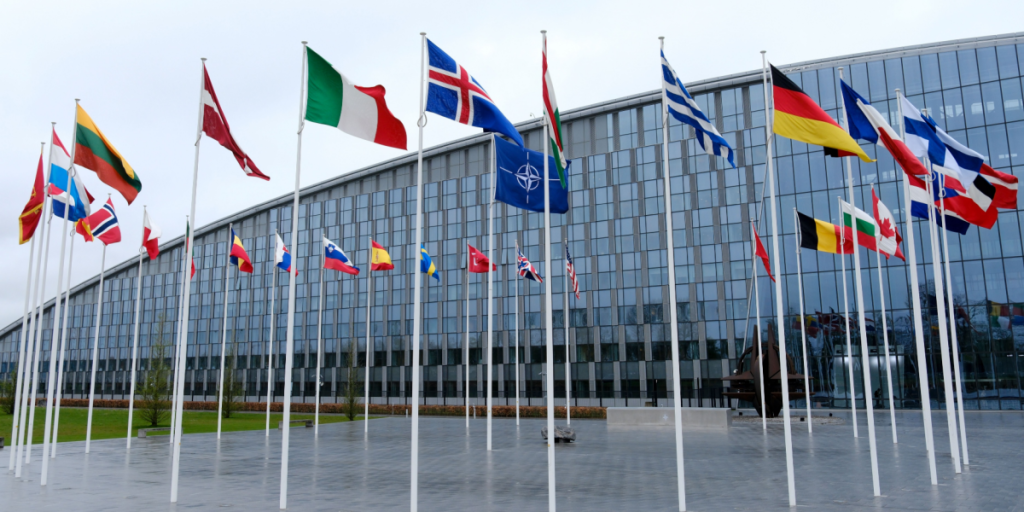Russia has cited the expansion of NATO to justify it’s full-scale war in Ukraine.
Others are reading now
Russia has cited the expansion of NATO to justify it’s full-scale war in Ukraine.
What is happening?
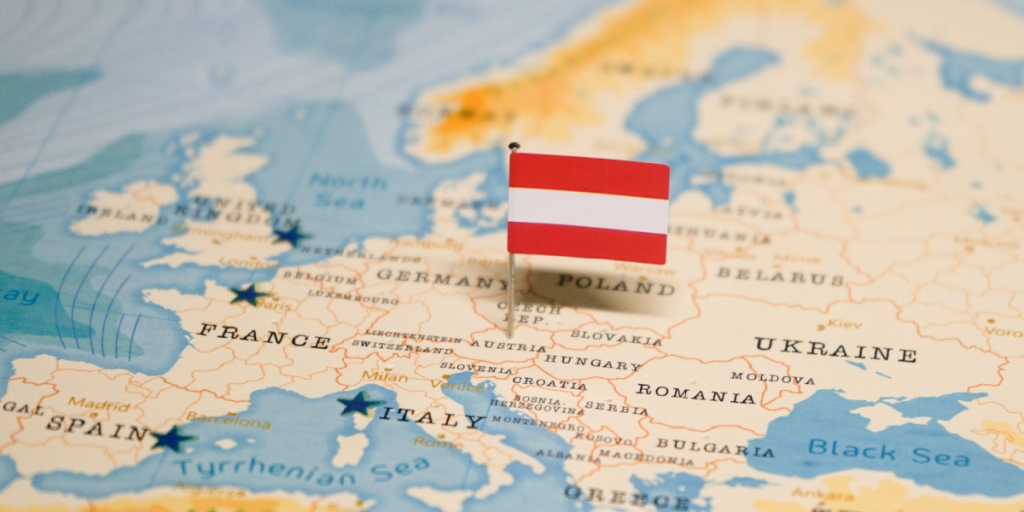
Austrian Foreign Minister Beate Meinl-Reisinger has opened for a nationwide conversation on the country’s future defense posture, including potential NATO membership.
Longtime Neutrality Under Scrutiny
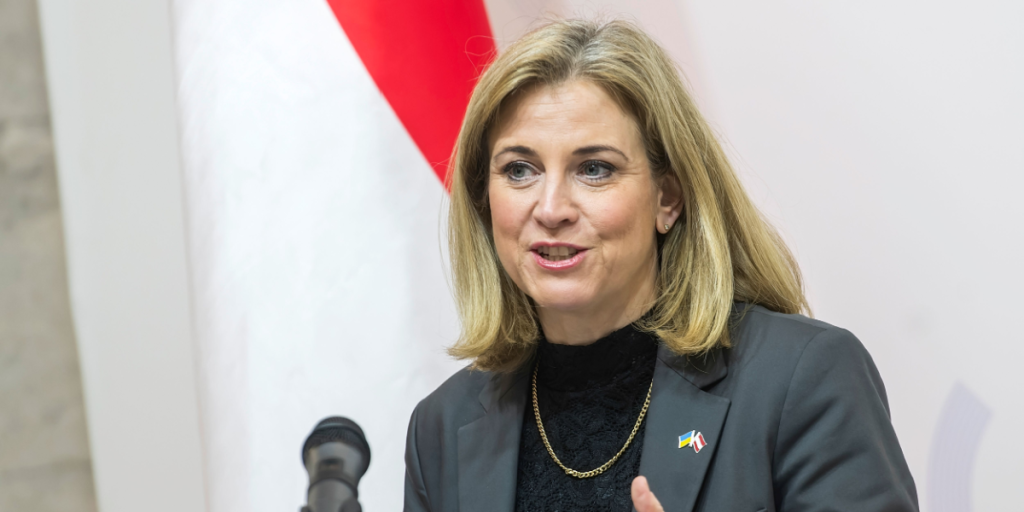
In an interview with Germany’s Welt on July 26, she cited growing security threats in Europe, particularly stemming from Russia’s war in Ukraine, as reasons to reconsider Austria’s long-standing neutrality.
Austria has remained officially neutral since 1955, a status enshrined as part of an agreement to regain full sovereignty following World War II.
“Neutrality Alone Does Not Protect Us”

Meinl-Reisinger stressed that neutrality isn’t a security guarantee.
Also read
“We can’t sit back and say: If we don’t do anything to anyone, nobody will do anything to us,” she warned.
Call for a Public Discussion, Not a Decision

While she acknowledged there’s no current parliamentary or public majority for NATO membership, Meinl-Reisinger argued that a national debate could still be valuable
“I am very open to having a public debate about the future of Austria’s security and defense policy,” she said.
A Shift in Thinking Since Russia’s Invasion
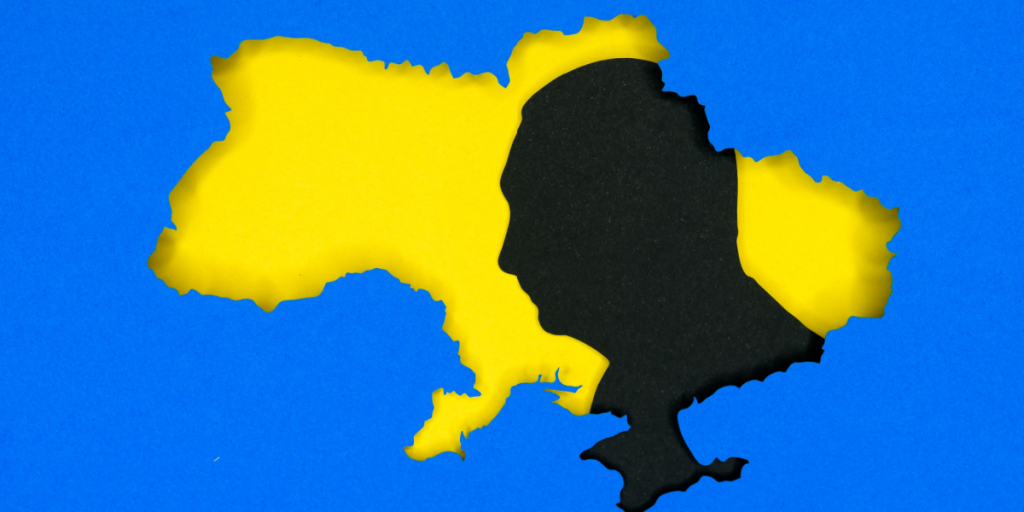
Russia’s full-scale invasion of Ukraine in 2022 has sparked renewed urgency around European defense policies.
For Austria, the war has triggered a reevaluation of what neutrality means in practice—and whether it offers adequate protection in an era of aggressive state actors.
Also read
Participation Without Membership
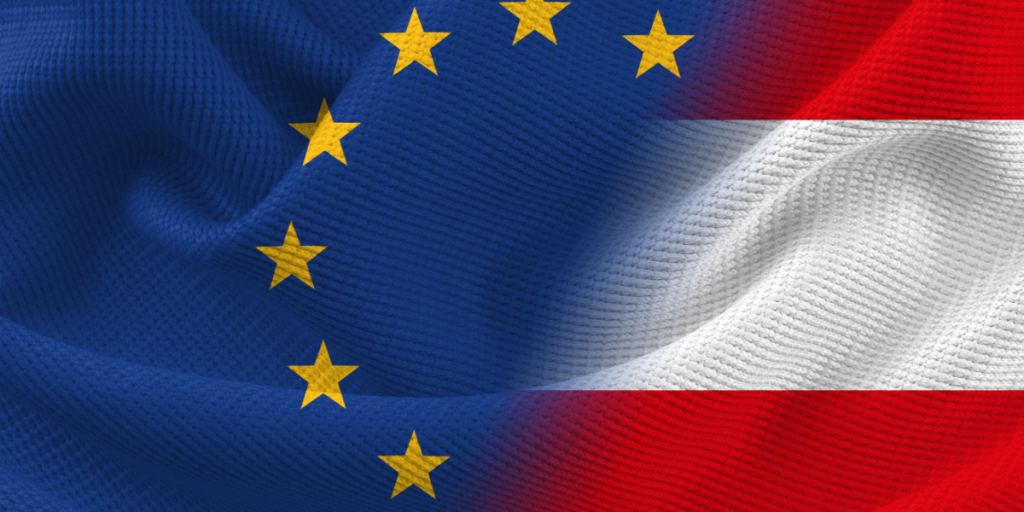
Although Austria is not part of NATO, it has contributed to numerous EU-led peacekeeping missions and backs the European Union’s Common Security and Defense Policy.
Warning Against Complacency
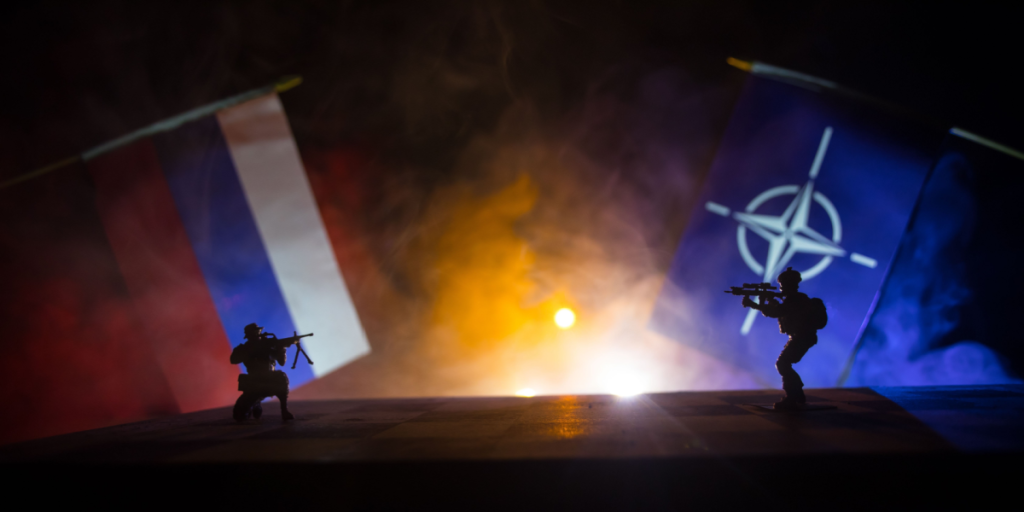
Meinl-Reisinger issued a stark warning against what she called “naivety” in security thinking.
She argued that simply abstaining from conflict doesn’t guarantee safety in today’s world, underlining a need for stronger self-defense and deeper international partnerships.
Lessons from Finland and Sweden
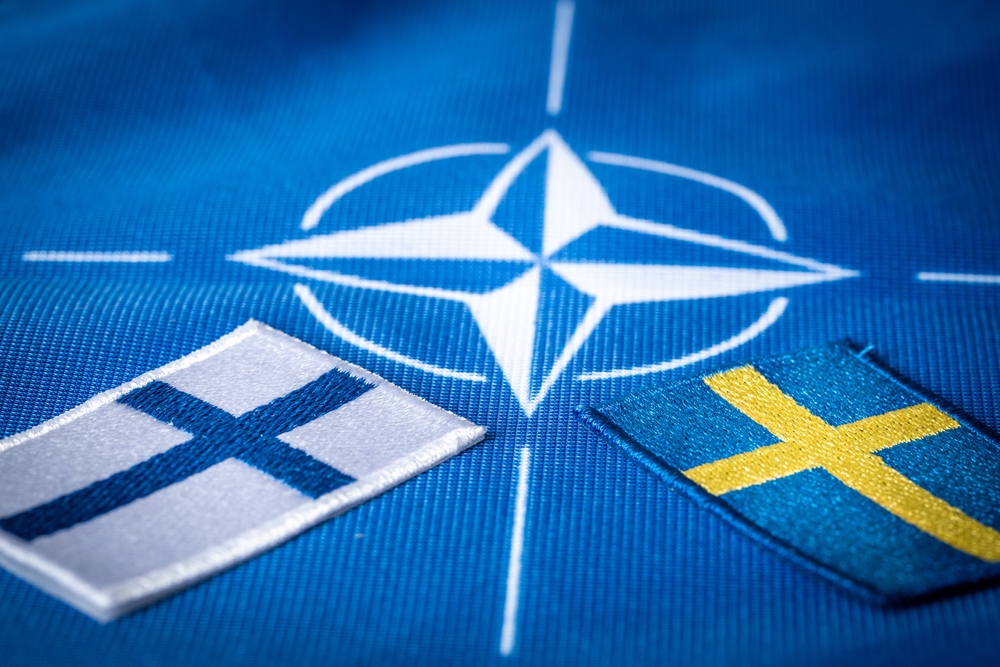
Austria is not alone in reassessing neutrality. Finland and Sweden, both long seen as militarily non-aligned, applied for NATO membership following Russia’s aggression.
Finland officially joined in April 2023, followed by Sweden in March 2024—historic moves that have reshaped Europe’s security landscape.
Also read
Ukraine’s Bid Highlights the Stakes
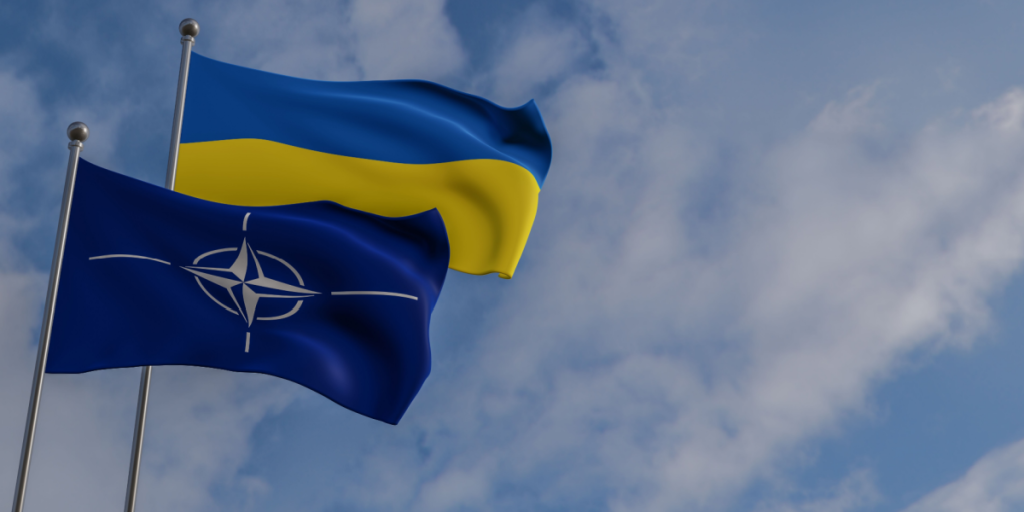
Ukraine applied for expedited NATO membership in September 2022 after Russia’s illegal annexation of four Ukrainian regions.
While Ukraine’s path remains uncertain, its case underscores the value that vulnerable nations place on NATO’s collective defense umbrella.
Russia’s Obsession with NATO Expansion
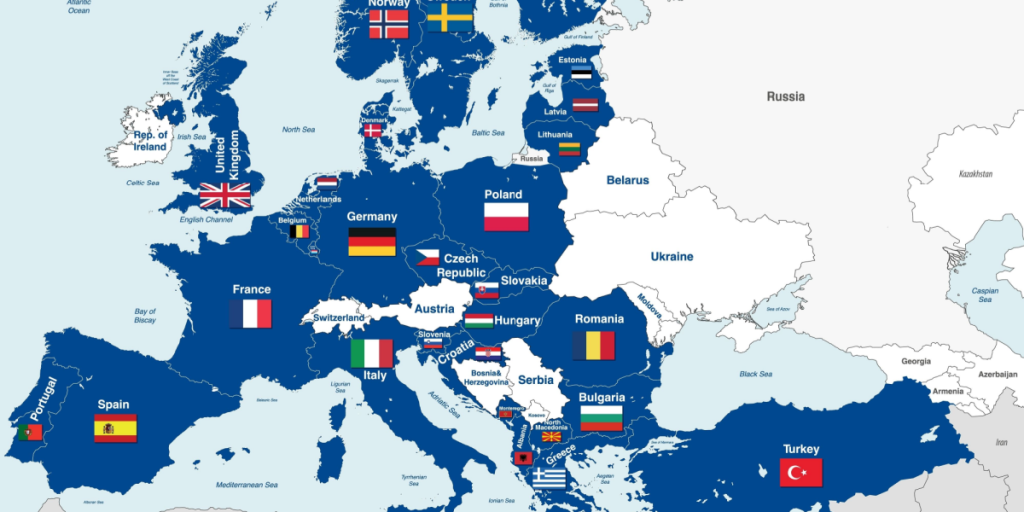
Russia has repeatedly cited NATO enlargement as a pretext for its aggressive policies, especially toward Ukraine and Georgia.
One of Moscow’s key demands in its ongoing war with Ukraine is a permanent ban on Ukrainian NATO membership—a stance that reveals just how high the stakes are for countries considering their place in the alliance.

